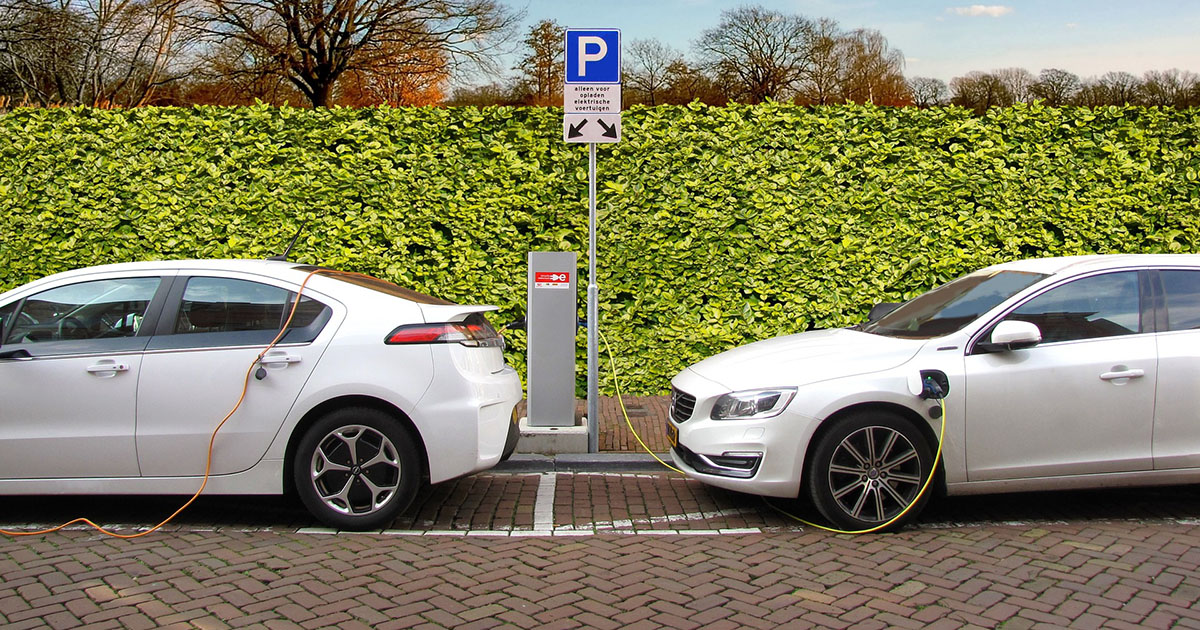
07 Nov 2023 Donna Jackson: Electric Vehicle Agenda Is Failing Families
“Owning a car facilitates upward mobility and a better way of life for low-income individuals and families,” writes Project 21’s Donna Jackson in a commentary syndicated through InsideSources.
Unfortunately, the electric vehicle agenda of the Biden Administration is having the opposite effect: “Their primary goal is to take away private car ownership from low-income families and trap them in their communities.”
Donna’s commentary is reprinted in full below.
Reality is starting to intrude on America’s electric vehicle fantasies. After years of hype, it is becoming undeniable that most people don’t want them, and increasingly fewer can afford them. Millions of Americans will pay a price for this folly, most of all the low-income households that depend so much on the affordable gasoline-powered vehicles that have been the target of this agenda.
The higher sticker price of EVs — even with the tax credits — is not the only reason they don’t make sense for those of modest means. Perhaps the greater affordability issue stems from their limited range, long charging times and difficulty charging in urban environments where street parking is the norm compared to the relative ease and reliability of operating gasoline-powered vehicles.
EVs are not practical as a household’s sole vehicle, which is all many struggling families can afford. Indeed, upward of 90 percent of EVs sit in the driveways of multi-car households next to one or more gasoline-powered cars that are typically driven more miles. The EV agenda may be in fashion with those on the upper rungs of the economic ladder, where such virtue signaling is in vogue. Still, it is badly out of touch with the realities of those lower down.
Biden administration policies don’t just favor EVs; they also burden gasoline vehicles with costly regulations. Past and proposed future regulations from the Environmental Protection Agency and National Highway Traffic Safety Administration are a big part of why sticker prices for new cars have skyrocketed.
The average new gasoline-powered vehicle goes for $48,000 — higher than the average Black household income of $46,400 annually — putting it out of reach for low-income and most middle-class households. Used-car prices have risen in tandem. The administration calculated that carrots for EVs alone won’t achieve their all-electric transition and that bigger and bigger sticks are needed to drive gasoline vehicles out of the market. And the poor, who already suffer financially because of energy poverty, are disproportionately paying the price.
Financing is also a growing challenge for car buyers with less than spotless credit. Auto loan default rates are at a 30-year high, particularly on the high-interest subprime loans that many minority and low-income buyers have.
It’s a double whammy. The costs of this anti-car agenda fall on struggling households — the very people who need affordable vehicles the most. For example, many urban poor live in neighborhoods far from the most economically vibrant parts of the city or the suburbs — where the most lucrative jobs often are. And public transportation can only take you to a fraction of the job opportunities that are available if you can drive door to door. It is even worse for those working two or three jobs to make ends meet. Dependence on public transportation also excludes low-income workers from the gig economy.
Beyond jobs, quality of life is greatly improved when low-income families have a car. Everything from being able to take kids to medical appointments or after-school activities to escaping food deserts by driving to supermarkets is all made possible with an affordable, reliable car.
Books could be written about how owning a car facilitates upward mobility and a better way of life for low-income individuals and families. Ironically, these are the aspirations progressives used to support and still claim to support. Still, now they are willing to sacrifice them for the sake of the climate agenda, of which EVs are an integral part.
Rather than acknowledge the importance of affordable transportation to the least fortunate, the administration is doing its best to deny this reality. Worst of all is Transportation Secretary Pete Buttigieg’s recently assembled Advisory Committee on Transportation Equity, filled with academics and activists who decry cars as somehow racist — as if we are doing Black families a favor by making them prohibitively expensive.
This goes to show that their primary goal is to take away private car ownership from low-income families and trap them in their communities. Rather than encouraging economic freedom for low-income families, this is only leading to government-imposed dependence and de-facto segregation.
Donna Jackson is the director of membership development for the Project 21 black leadership network. She wrote this for InsideSources.com.




